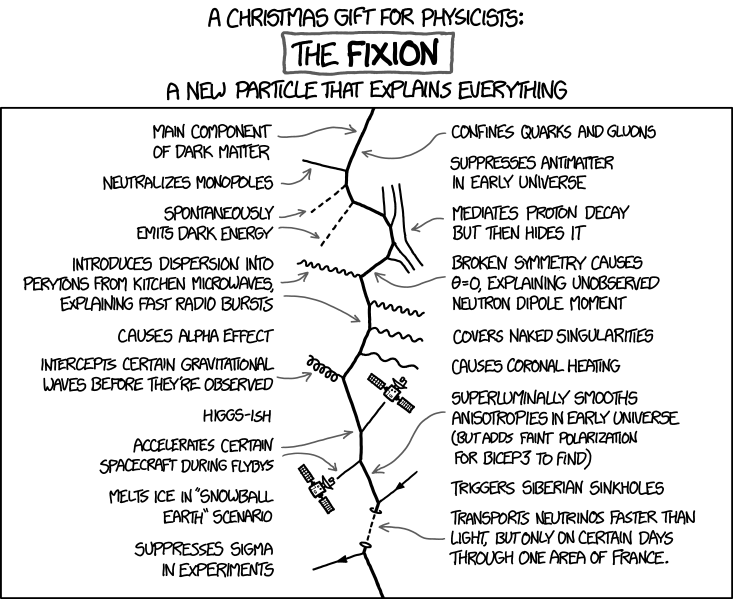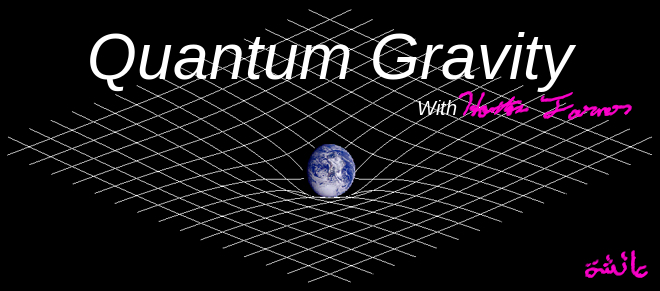Predicting the future is an inherently risky business. However, based on available data there are a few things we can say will or likely will happen in 2019. Ranging from astronomy to physics and technology here are my three predictions. These are based on available and linked information and my learned analysis.
Human Space Flight From American Soil
Space X working with NASA will launch a crewed dragon space craft but not when they say they will. The first flight will go off more or less as planned. The point of that flight is to look for any bugs in the space craft so they can be fixed. Problems will be found and fixing them will make the first crewed mission happen at least a couple of months latter. This is the whole point of doing test flights.
United Launch Alliance and others will not achieve this for some time.
New Particles In "Old" Data
The LHC is going into a long shutdown period in which it will be upgraded. However, the analysis of all the data collected continues and there are certainly new discoveries to be made. The trend has been away from new fundamental particles and towards ever more exotic combinations of standard model particles such as pentaquarks. I predict this will be the trend for some time to come. These may in fact be ... tiny... short lived exemplars of what exist at the heart of certain neutron stars called "quark stars".
Dark matter searches and searches based on astroparticle observations continue. The universe is huge and will surprise us.
The most likely surprise of 2019 would be the discovery of primordial gravitational waves by some novel analysis of available data. An analysis of data published in Physical Review Letters November 2018 found the signal from foreground dust overwhelms the gravitational wave signal to a large degree.
Observation of the B-Mode polarization of the cosmic microwave background radiation may both confirm the existence of gravitons, quantum particles of gravity similar to photons, and ruel out the simplest models of inflation. (Single scalar field slow-roll inflation).
Technology: PC's Stagnate, Mobile and Data Centers Dominate.
This is pure opinion but ... Am I the only one who feels like my PC hasn't really changed much since the advent of the AMD-64 bit architecture? It used to be that if you had a computer more than a couple years old you could not run the newest software at all.
It used to be that if you bought in 1988 your display was 640x480 16 color if it had Tandy graphics. Four years latter in 1992 your new home PC had Super VGA 1024x768 16 million colors. The processor cores were fundamentally different too. Now most people can't even see the difference between 1440p and 4k (See Linus Tech Tips Video about that). Your computer from 2014 can run any software that a new one will, albeit slowly.
Don't expect anything to change much in that area. The PC has basically been perfected. 4-6-8 core laptops will become more accessible and common. However, your dual core laptop will do all of the same task just a bit slower.
We will still see big BIG changes in mobile. Folding devices are comming out. Soon you will have the option of getting a device from Samsung that when folded is like a fat phone. This same device will be able to fold out to behave as a tablet.
ARM processors with the processing power to run full operating systems like Windows 10 already exist. Industry is very interested in supportin them with software.
If a device comes out that has both a windows 10 interface and a powerful arm processor able to run FULL Microsoft office just as a surface pro does it will be the go to business device.
If a similar device comes out for Android it will be a highly desired device for consumers.
Will apple make a Macintosh with a ARM chip? Not likely. They would put MacOS on a iPad Pro before they'd do that. As this video shows the user interface of OSX just works on an ipad pro.
The big sticking point will be that these devices will be expensive. Costing as much as a cheap laptop and a phone.
Which leads to the possibility suggested by the above video. Having your PC act as a server for your mobile device/tablet as a client.
An Accepted Theory Of Everything Will Remain Elusive.
String theory and M theory will continue to be worked on and will dominate mindshare inspite of well catalogued issues with it (See Peter Woit's blog for a running dialog on that and related matters.)
For reasons that are more about the sociology of physicists as a group of people than of physics well known alternatives will not benefit directly from the lack of hard evidence for string theory. (Yes there are people who study the sociology of physics at the graduate level. )
My own theories will not gain traction which is just fine by me. Theoretical physics is usually a marathon. I am working on a model where by once certain very challenging integrals are taken, and if they converge, then all anyone else will need to do is take functional derivatives to calculate interaction cross sections. This is based on well understood mathematics but the concepts involved are perplexing even to me. It requires accepting an uncountable infinity of possible universes where ours is just one point in a space of universes.
This XKCD comic is tounge in cheek but any "theory of everything" would have to explain almost as many things. Most of what is in this "diagram" are real problems in physics. 



Comments